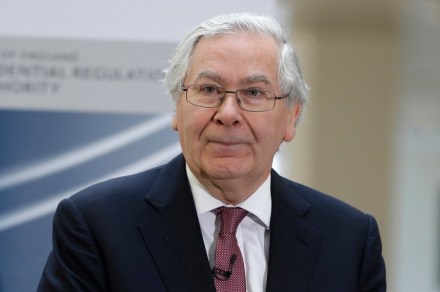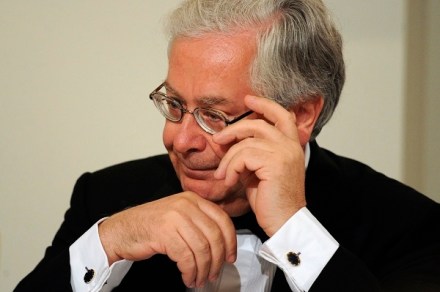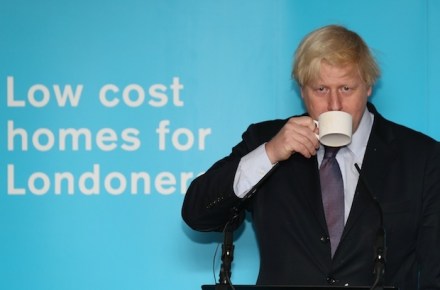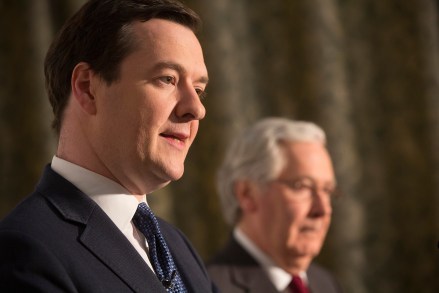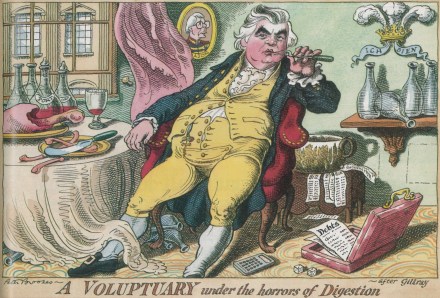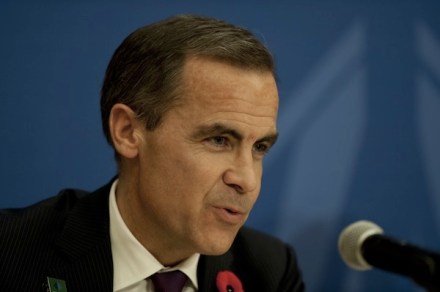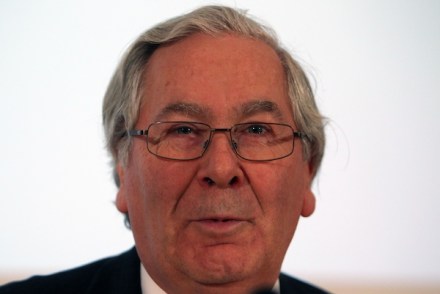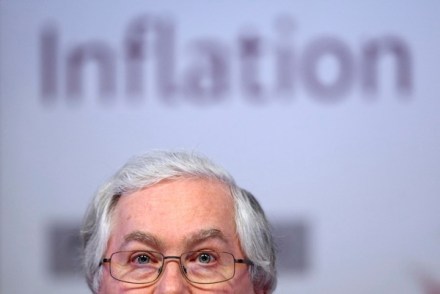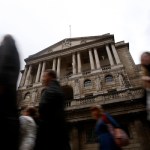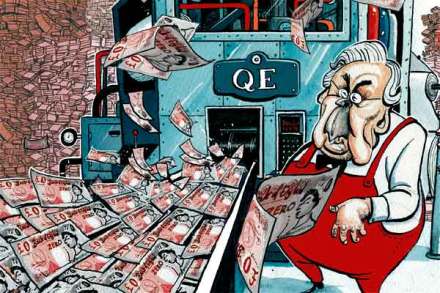Deutsche Bank is right to return to its domestic roots
Among the numbers attached to the restructuring of Deutsche Bank announced by Chief Executive Christian Sewing this week, the 18,000 job cull is most startling. But others tell the story just as vividly. First, the fact that the venerable institution, a pillar of Germany’s post-war economic resurgence, had raised €30 billion of new equity in the past decade in pursuit of a dream of becoming ‘Europe’s Goldman Sachs’ — but that sum is double its current shrivelled market capitalisation. Second, its most recent investment banking boss Garth Ritchie is leaving with an €11 million payoff, having collected ‘about €36 million’ over three years in which it became obvious his division



